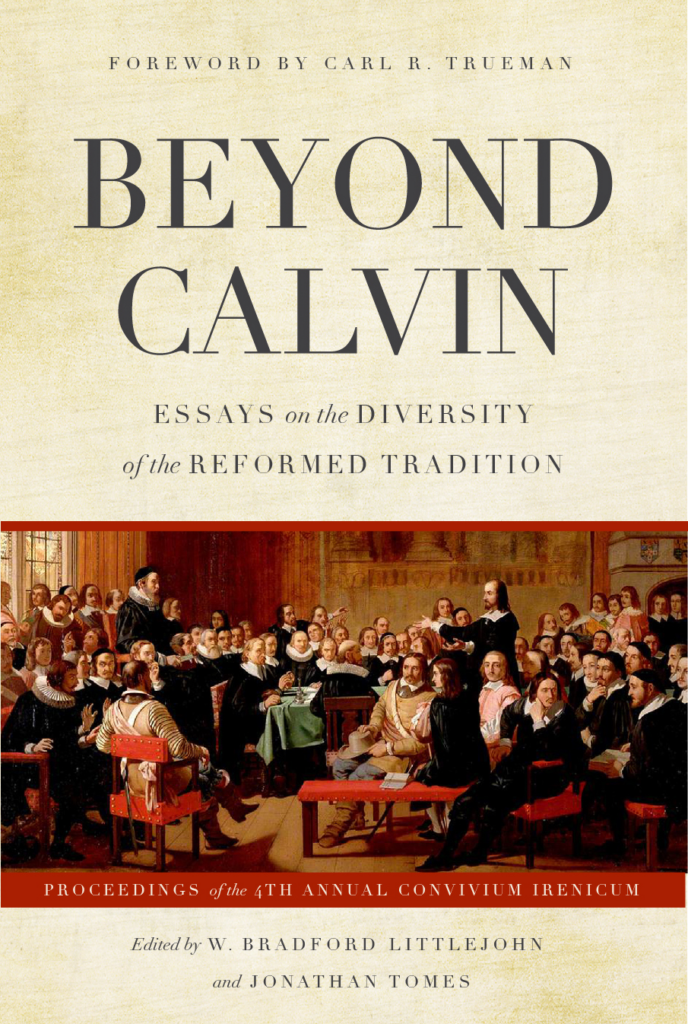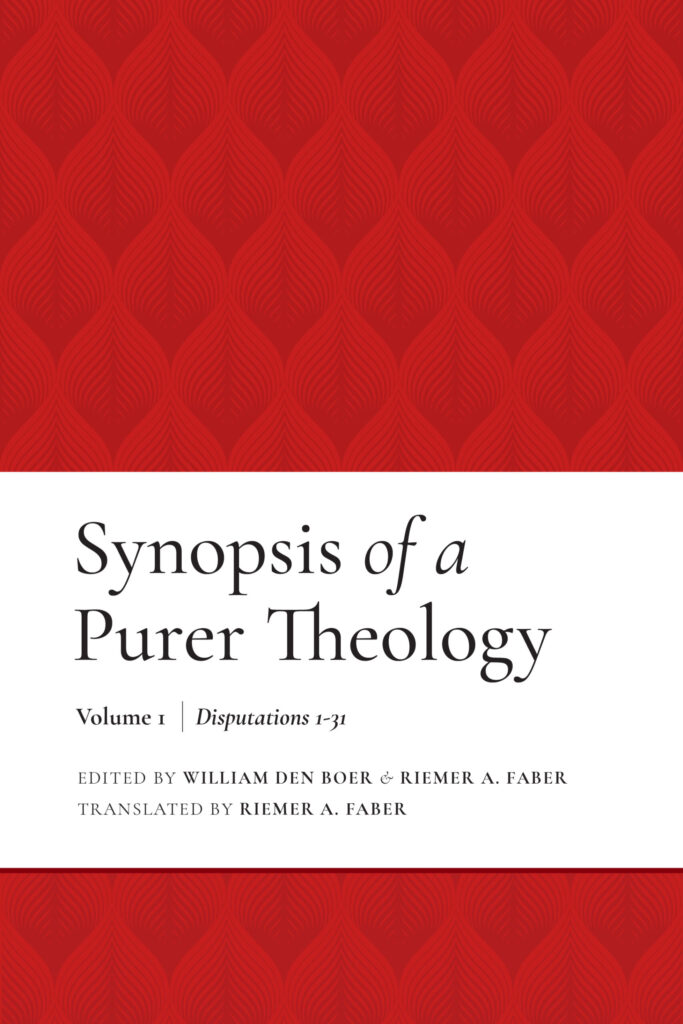In Matthew 28:19, Jesus commands his followers to “disciple all the nations” (μαθητεύσατε πάντα τὰ ἔθνη). The mission’s success is guaranteed both because the one giving the commission possesses all authority in heaven and on earth (28:18) and because he promises to be with his church to the end as she carries out her marching orders (28:20). King Jesus did not give his people an assignment they will fail to accomplish.
Success According to Postmillennialism
While every eschatological view concurs with the previous paragraph, postmillennialists insist that their eschatology alone does justice to the Great Commission’s greatness. Greg Bahnsen writes, “The thing that distinguishes the biblical postmillennialist, then, from amillennialism and premillennialism is his belief that Scripture teaches the success of the great commission.”[1]
Postmillennialists hold that the Great Commission (hereafter, GC) would have proved unsuccessful if Christ had returned at any point during the last two millennia. They contend that the success of the GC necessitates the Christianization of all nations before the second coming. To bolster this assumption, they conflate the GC with the Dominion Mandate (Gen 1:26–28; 9:1–2, 7) and closely identify it with the Canaan Conquest Mandate (Deut 7:1–2; 9:1–3; Josh 1:1–11), both of which envision maximally comprehensive success. Postmillennialists believe that Scripture teaches the success of the GC only insofar as it upholds the postmillennial vision.
Success According to the New Testament
The New Testament authors, however, indicate that the GC was already successful during the apostolic age. Naturally, they never suggest that the church’s mission to the world has reached its conclusion; they understand that the task of taking the gospel to the nations will not end until the Lord returns. Nevertheless, if the Father had determined to send Jesus back to earth at any point after the first generation of Christians, no one could have reasonably claimed that the GC had been unfulfilled or unsuccessful. Paul affirms, as I argue here,
that the gospel had “gone out to all the earth … to the ends of the world” (Rom 10:18; cf. Acts 1:8) and had “been made known to all the nations,” where it was producing “the obedience of faith” (Rom 16:26; cf. 1:5), in fulfillment of the Abrahamic promise in Genesis 12:3 to bless all the nations (cf. Rev 5:9; 7:9).
Elsewhere[2] I summarize the NT evidence as follows:
The apostle to the gentiles declared toward the end of his life not only that the gospel had been “proclaimed in all creation” (Col 1:23) but also that “in all the world it is bearing fruit and increasing” (1:6). The gospel had “gone out to all the earth … to the ends of the world” (Rom 10:18), bearing the fruit of discipleship everywhere it went. Gaffin says, “Paul sees the spreading, worldwide triumph of the Gospel as already fulfilled in his own day.”[3] Furthermore, Luke presents the same narrative in Acts, which “tells a complete story; it documents the actual realization of the sweeping promise of 1:8—the universal spread of the Gospel through the apostles … from Jerusalem (the Jews) to ‘the ends of the earth’ (Rome representing the world center of the Gentiles).”[4] The antecedent of “you” in Acts 1:8 is “the apostles” in 1:2–3. Thus, the apostles themselves became “witnesses in Jerusalem, and in all Judea and Samaria, and to the end of the earth” (1:8). “In other words,” Gaffin concludes, “the universal circumference of the Gospel’s triumph has been drawn by the ministry of the apostles. So far as God has revealed his purposes, the subsequent process of filling in that circle could have been and can be terminated at any time.”[5]
The Great Commission, together with the parables of the mustard seed and the leaven, engenders confidence that “the Kingdom of God increases, stage upon stage, to the end of the world.”[6] But neither Matthew 28:18–20 nor any other Scripture stipulates the degree to which “the universal circumference of the Gospel’s triumph,” fully inscribed by the apostles, must be filled in before Jesus can return.
Professor Gaffin recently brought to my attention another Pauline text in support of the idea that, as he puts it, “‘the whole world,’ ‘all nations’ (Matt. 24:14) have been evangelized by the apostles.”[7] This text is 2 Timothy 4:17: “so that through me the message might be fully proclaimed and all the Gentiles might hear it” (ESV). The phrase “might be fully proclaimed” translates the Greek verb πληροφορηθῇ, which means “might be brought to fulfillment.” The NASB renders it “might be fully accomplished.” The phrase “all the Gentiles” translates πάντα τὰ ἔθνη, which also appears in the GC, where it is rendered “all the nations” (Matt 28:19). Paul anticipates bringing to fulfillment through his ministry Christ’s commission to evangelize all the nations.
Conclusion
Postmillennialists assess incorrectly what constitutes a successful GC. They assume that the GC must enjoy the same level of comprehensive success envisioned in the Dominion Mandate and the Canaan Conquest Mandate. However, without necessarily denying a biblical-theological connection with either of these two OT mandates, the New Testament reveals that the same level of comprehensive success does not apply to the GC.
The apostles fulfilled the GC, and its ongoing success will continue to deepen and widen until the Lord returns. The second coming will mark the conclusion of the GC and will bring to fulfillment the Dominion Mandate (marriage, being fruitful and multiplying, filling the earth and subduing it), the Abrahamic promise (a blessing on believers and a curse on unbelievers, culminating in a new heaven and new earth full of blessed families, peoples, and nations), and the Canaan Conquest Mandate (typological of the new creation inaugurated by the first coming of Christ and consummated at his return).[8] While only the Father knows the day and hour in which the GC will come to an end, Scripture reveals that it has already been successfully fulfilled, so Jesus can come back in any generation.
Jeremy Sexton is the pastor of Christ the King Church in Springfield, MO. He lives with his wife, Brandy, and their nine children.
Other Articles on Postmillennialism by the Author
- “Postmillennialism: A Biblical Critique” (Themelios)
- “Postmillennialism: A Reply to Doug Wilson” (The Aquila Report)
- “Is Modern Postmillennialism Confessional?” (Ad Fontes)
- “From Hope to Hurdle: Postmillennialism’s Deep Dilemma” (forthcoming)
- “Hope Misplaced: Postmillennialism’s Rejection of Eschatological Imminence—How It Happens and Why It Matters” (forthcoming)
If you found this interesting, check out more from the Davenant Institute…
Beyond Calvin: Essays on the Divertsity of the Reformed Tradition
Proceedings from our 4th annual Convivium Irenicum.
Synopsis of a Purer Theology
A landmark English-only edition of a Reformed theological classic.
Baptism in the Westminster Directory
Steven Wedgeworth makes surprising discoveries about Westminster and baptism.
Greg L. Bahnsen, “The Prima Facie Acceptability of Postmillennialism,” The Journal of Christian Reconstruction 3 (1976–1977): 89. These two opening paragraphs come (slightly altered) from Jeremy Sexton, “Postmillennialism: A Biblical Critique,” Themelios 48 (2023): 554–55. ↑
Sexton, “Postmillennialism,” 558. ↑
Richard B. Gaffin Jr., “Theonomy and Eschatology: Reflections on Postmillennialism” in Word and Spirit: Selected Writings in Biblical and Systematic Theology, eds. David B. Garner and Guy Prentiss Waters (Glenside, PA: Westminster Seminary Press, 2023), 718. ↑
Gaffin, “Theonomy and Eschatology,” 719. ↑
Gaffin, “Theonomy and Eschatology,” 719. ↑
John Calvin, A Harmony of the Gospels Matthew, Mark and Luke, ed. David W. Torrance and Thomas F. Torrance, trans. A. W. Morrison, Calvin’s New Testament Commentary 1 (Grand Rapids: Eerdmans, 1972), 208. I discovered this quote, translated differently (“the kingdom of God is continually growing and advancing to the end of the world”), in Iain H. Murray, The Puritan Hope: Revival and the Interpretation of Prophecy (Carlisle, PA: Banner of Truth Trust, 1971), 90. ↑
Richard B. Gaffin Jr., In the Fullness of Time: An Introduction to the Biblical Theology of Acts and Paul (Wheaton, IL: Crossway, 2022), 55. ↑
Thanks to Richard Gaffin for helping me craft this sentence and more importantly for providing its substance in personal correspondence. ↑



